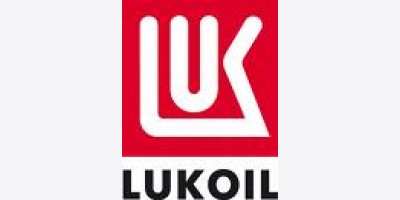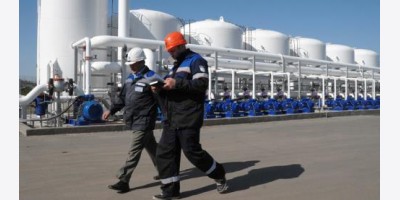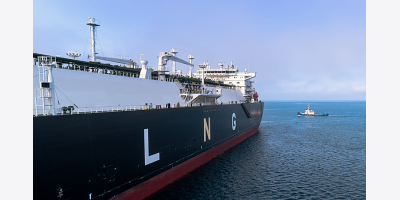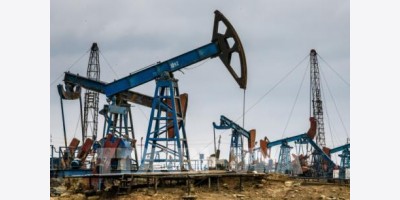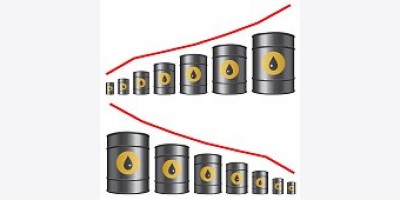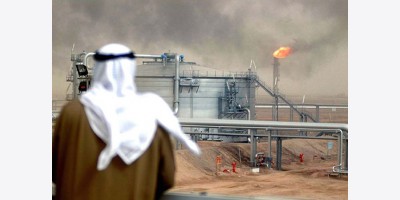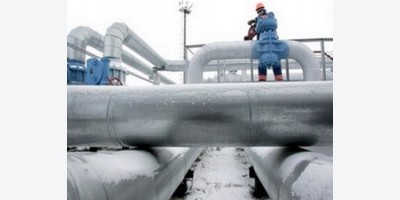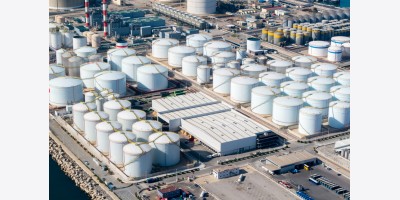By Bloomberg
Libyan rebels surrendered control of two oil ports to the government, potentially enabling the OPEC member to triple crude exports this month with an increase of at least 180,000 barrels a day. Brent futures dropped.
The self-declared Executive Office for Barqa handed over the oil terminals of Zueitina and Hariga overnight, said Ali Al-Hasy, a spokesman of the group that seeks self rule for the region that is also known as Cyrenaica. An agreement yesterday with the government also provides for the rebels to relinquish the other two ports they control, Es Sider and Ras Lanuf, in two to four weeks, he said. The government confirmed the agreement in a statement on its website.
With Africa’s largest oil reserves, Libya’s oil production slumped by more than 1 million barrels a day in the past year as protests halted oil fields and ports. Brent crude futures, which fell 1.3 percent last week, could drop further if exports resume, said Michael McCarthy, a chief strategist at CMC Markets in Sydney.
“National Oil Corp. is free to start exports any time,” Al-Hasy said, referring to the state oil company that oversees crude production and shipments in the North African nation. “The terminals are in very good shape.”
Hariga has a daily capacity of 110,000 barrels, while Zueitina can handle 70,000 barrels, according to the Libyan Oil Ministry. Es Sider is the nation’s largest oil terminal, with a daily loading capacity of 340,000 barrels. Ras Lanuf has a capacity of 220,000 barrels.
Production
“While on paper this agreement is positive, we will believe in a return in Libyan production when we see it,” Harry Tchilinguirian, head of commodity markets strategy at BNP Paribas in London, said by e-mail. “Given past experience, the odds are not favorable for a material resumption of Libyan oil supply.”
Hariga has 2.5 million barrels of crude in storage and ready for loading onto tankers, Oil Ministry Director of Measurement Ibrahim Al Awami said by phone in Tripoli today. The storage tanks can hold up to 4 million barrels and are being replenished with fresh crude pumped from fields in eastern Libya.
“The resumption of exports depends on the loading schedule of National Oil Corp.,” he said.
Oil Declines
Brent for May settlement fell as much as $1.47 a barrel, or 1.4 percent, to $105.25 a barrel on the London-based ICE Futures Europe exchange today in the first session of trading after the announcement. It was at $106.40 by 3:08 p.m. in London. The volume of all futures traded was 49 percent more than the 100-day average for the time of day.
Libya currently exports about 85,000 barrels a day of crude from the offshore fields of Jurf and Bouri, which are unaffected by the protests that have disrupted output on land. Last month, it produced at a daily rate of 250,000 barrels, according to data compiled by Bloomberg. This compares with 1.6 million barrels a day before the 2011 rebellion that ousted Muammar Qaddafi.
“The protesters are banned from returning or obstructing work at the ports,” Justice Minister Salah Al-Mirghani told a press conference after the talks held yesterday in Zueitina.
Western Protests
Libya, a member of the Organization of Petroleum Exporting Countries, was producing at a rate of 160,000 barrels a day today amid continued shutdowns at the two largest fields in the western part of the country, the Repsol SA-operated Sharara and Eni SpA-operated Elephant. The fields are closed as protesters demand jobs, development projects and, in the case of the Amazigh Berbers, political rights.
The Barqa federalists in the east, led by Ibrahim Al-Jedran, a former commander in the Petroleum Facilities Guard, took control of four of Libya’s nine oil ports in July. His group failed in an attempt to export crude last month after the U.S. Navy captured a tanker that loaded at Es Sider and turned the vessel over to the government.
Zueitina is the export terminal of Zueitina Oil Co., a joint venture between National Oil, Occidental Petroleum Corp. (OXY) of Los Angeles and Vienna-based OMV AG. (OMV) The company was producing about 70,000 barrels a day when the rebels seized the port. Arabian Gulf Oil Co., a NOC unit that exports from the Hariga and Ras Lanuf terminals, produced about 340,000 barrels a day before those ports were shut down.
The government’s agreement with the rebels provides for an audit of crude sales by the NOC over the past three years, according to the text of the agreement published on the government’s website. The agreement includes an amnesty for the rebels and the payment of salaries withheld from those who defected from the Petroleum Facilities Guard, it said.
To contact the reporter on this story: Maher Chmaytelli in Dubai at mchmaytelli@bloomberg.net
To contact the editors responsible for this story: Alaric Nightingale at anightingal1@bloomberg.net Sharon Lindores, Andrew Reierson







